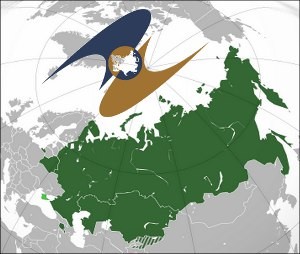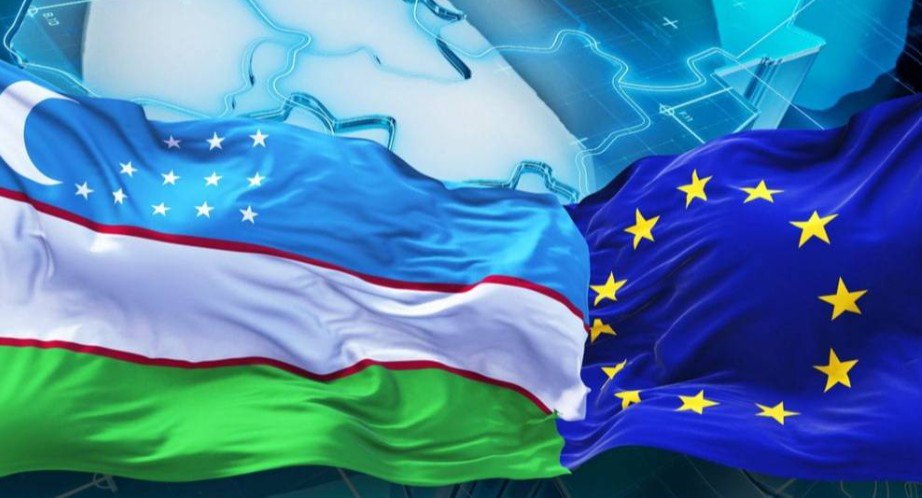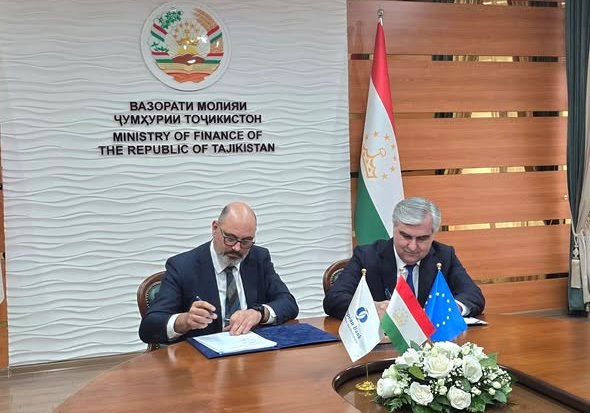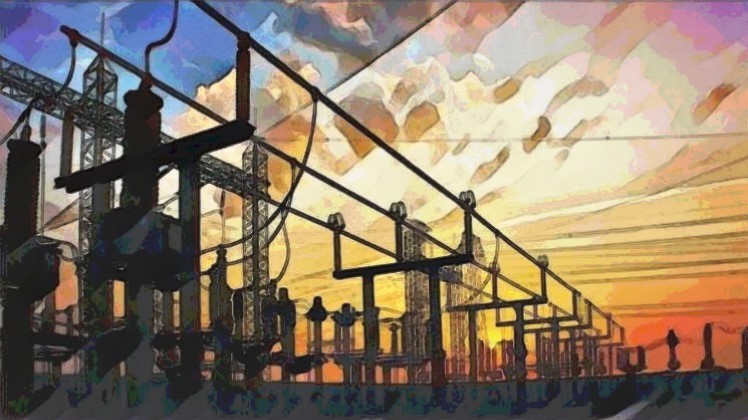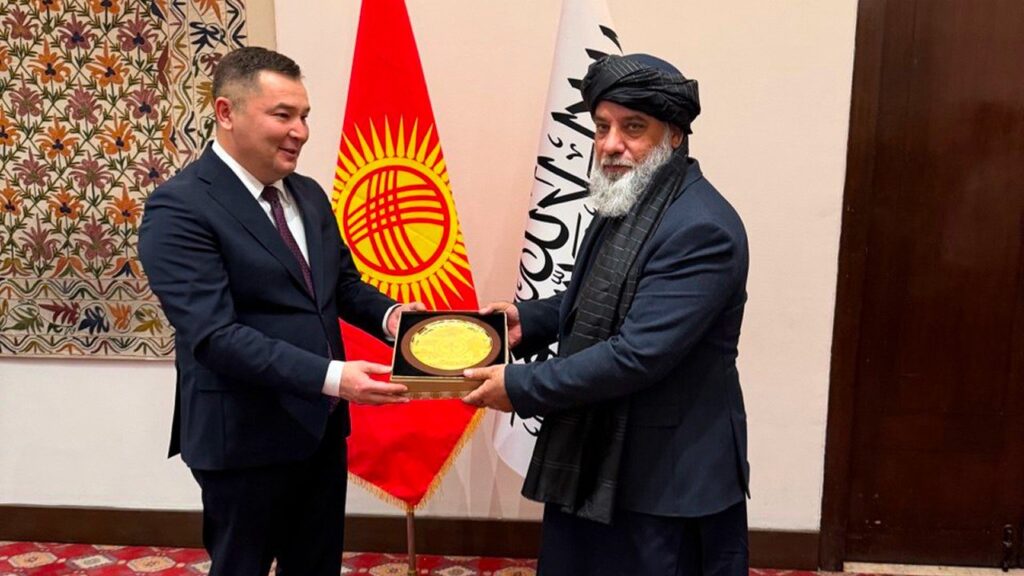ALMATY (TCA) — On the initiative of Kazakhstan’s head of state, the European Union has come to a point where it cannot rule out normal bloc-to-bloc relations with the Eurasian Economic Union. Both sides are certainly looking for a fair deal, but political reasons may also represent a barrier to be overcome.
Joint initiatives
Kazakhstan’s President Nursultan Nazarbayev has shown himself keen on entering history books not just as his country’s first (and so far only) national leader, but also as a key figure on global politics. The tireless Kazakh leader, 76 soon, likes to draw attention in the world to his claim that the Eurasian Economic Union (EEU) recently clinched between his country and Russia, Belarus, Kyrgyzstan and Armenia is his brainchild. Early in June an EU delegation of the European External Action Service and the Directorate General for Trade is expected in Kyrgyzstan to discuss trade as well SP status. Such initiative may also be extended to other Central Asian countries.
“A joint Eurasian Economic Union-European Union forum is expected to be held in the autumn of 2016, Kazakh President Nursultan Nazarbayev said during a meeting with Russian Federation Council Chairperson Valentina Matviyenko,” a report by Interfax posted on May 11 this year was to read. “The president of Kazakhstan pointed out the development of this integration association and also said an agreement has been reached with European Commission President Jean-Claude Juncker to hold a joint EEU-EU forum in fall.”
In an apparent response the following day, Tatiana Valovaya, member of the Eurasian Economic Commission (EEC) for integration policy and macroeconomic affairs, told a press conference in Moscow that she hoped “…that the dialogue between the Eurasian Economic Union (EEU) and the European Union (EU) will start improving by the end of 2016. To break the ice Kazakhstan President Nursultan Nazarbayev […] suggested holding a big EEU-EU conference and starting at least an informal dialogue in autumn to highlight the benefits of cooperation with the EEU for the European business. I hope that we will get the ball rolling and start to develop the dialogue by the end of the year.”
Great partners
The push for reconciliation is not new. In December 2014 Nazarbayev touched upon the issue during a business forum in Astana, claiming: “The Ministers of Foreign Affairs of Germany and Kazakhstan have recently had a meeting in Astana and agreed that the Eurasian Economic Union and the European Union could start with a cooperation. It would be beneficial. I support it.” In July last year, Nazarbayev came back to the same idea once more: “Europe needs the Russian economy and I am sure they will be great partners. They have already expressed their willingness to create a free trade zone with the Eurasian Economic Union.”
To show its determination to put itself in the centre of the east-west dispute the original cause of which, namely Ukraine, seems all but forgotten, Kazakhstan inked a so-called Enhanced Partnership and Cooperation Agreement with the European Union in spring this year.
According to Kazakh Foreign Minister Yerlan Idrissov, the accord should facilitate “active interaction” in “aerospace safety, combating proliferation of weapons of mass destruction, counteracting against financing terrorism, antiterrorist efforts, small arms and light weapons, struggle against cybercrime, protection of personal data, cooperation in the field of public service, civil defense, climate change, healthcare, public finance management, cooperation on taxation,” as he wrote in an article in the Kazakhstanskaya Pravda in early May.
Mutual free trade accords
All that is a lot more indeed than what the EEU pretends. All member states have repeatedly confirmed that their Union is “strictly economic” – facilitating and guaranteeing free movement of people, merchandise, assets and cash within its common domain and establishing joint standards (including tariffs) for those movements to and from the outside. In order to “keep politics out”, security and paramilitary issues have been detached to the Cooperation and Security Treaty Organisation” which consists of all EEU members plus Tajikistan. This in turn coexists with the Shanghai Cooperation Organisation, which has a broader scope, comparable with the new Kazakh-EU accord and apart from EEU members includes Uzbekistan and China, as well as India, Pakistan, and Iran in the waiting room.
Apart from such regional combines, the EEU is in various stages of negotiation with individual countries led by Egypt, Vietnam, India and Israel to clinch so-called mutual free trade accords. Similar, much broader deals are being proposed with international trade organisations such as ASEAN, which comprises the Philippines, Indonesia, Malaysia, Singapore, Thailand, Brunei, Cambodia, Laos, Myanmar and Vietnam, and Mercosur, a trade pact comprising Argentina, Brazil, Paraguay, Uruguay and Venezuela, with Bolivia, Chile, Peru, Colombia, Ecuador and Suriname as associated members.
